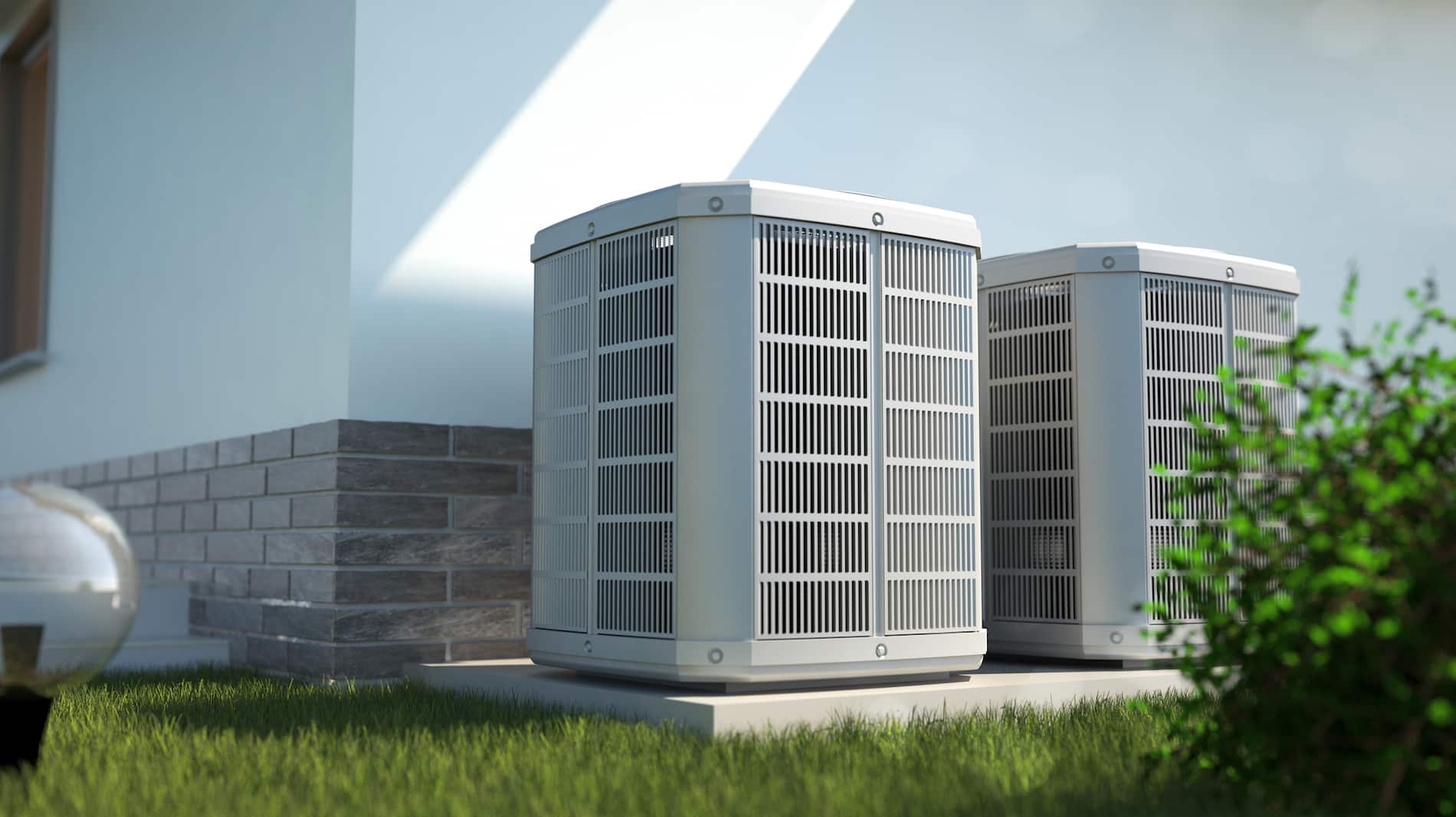
North Georgia Weather and Your HVAC System
Behind so many jokes, however weak, there is a kernel of truth. And in north Georgia – especially in the fall – there is a HUGE kernel of truth behind that old howler. That bad joke is especially worth noting when it comes to your HVAC system.
While so many people across this nation, and indeed the globe, like to joke, complain or fret about their weather patterns, north Georgia’s fall presents an abundant opportunity for its citizens thanks to wildly fluctuating temperatures, rainfall amounts, pollen counts and everything in between and beyond, all of which can wreak havoc on just about anything – including your home comfort.
As we swing from 80-degree temperatures on one day to near freezing temperatures during the following night with regularity, your air conditioner and furnace (or heat pump) will be tasked with continuous switching on and off. And constant whiplashes can overwhelm any system that is either on its last legs or has not been properly maintained.
Take the start of November 2020 for example.
On Nov. 1, the high topped out at 70 degrees, with a low of 54. The very next day, we sank to a low of 37 and then 36 on Nov. 3. But by Nov. 6 we reached a sunny high of 75, immediately followed by a low of just 57 – which proved to be the coolest night of the next six days, as rain and clouds swept in and dominated the remainder of the week. And that is not some unusual pattern. In fact, November 2019 saw us go from a low of 32 on Nov. 25 to a high of 73 on Nov. 27, while Nov. 28, 2018 saw us touch just 27 degrees before rising to 70 degrees just two days later on Nov. 30. We also average 3.6 inches of rainfall in November and September, with October slightly drier at 3.1 inches.
With the sun shining down on your home and highs reaching the mid 70s, you can expect your air conditioner to crank out cooler air, but when the cold air of night sweeps in, your furnace (or heat pump) takes over. And, when humidity fills the air, you’re going to want your HVAC’s help to keep you dry and comfortable.
In other words, unlike summer when your air conditioner runs constantly, or winter, when the furnace (or heat pump) is king, fall will severely test your residential HVAC system and thermostat by constantly asking it to switch gears in order to maintain your comfort.
And that does not even take into account the changes wrought by storms and hurricanes, which can barrel down on us with alarming speed from points north or south, swiftly changing the weather in one direction or another, depending on origin – Canadian cold fronts or Gulf of Mexico heat and humidity. (Atlantic hurricane season officially starts on June 1 and ends on November 30, and 2020 has already seen a record set for storms, and the odd weather that they bring to north Georgia.)
So, the question for you is twofold:
-
- How do I ensure that my HVAC system is ready for the rigors of a north Georgia fall?
And
-
- What can I do to ensure the best energy efficiency from my system and thus avoid astronomical utility bills?
To answer the first question, there are several simple steps that you may take, some of which require some forethought, but some of which you can easily execute as soon as you get home.
Ensuring your HVAC is up to the fall task …
First, make sure that you have your HVAC system serviced by a professional contractor at least once a year (twice a year is optimal). Certainly, there are aspects of upkeep that you can easily handle on your own, but a professional is trained to look for signs of wear and tear that might otherwise escape your notice. They will, of course, also replace any necessary filters and check coolant levels to make sure that your air conditioner and furnace or heat pump are running at peak efficiency.
Now, on to saving energy (and costs) …
There are several steps that you can complete on your own to ensure that your system runs as smoothly and efficiently as possible, however, and it starts at your thermostat.
Modern smart thermostats make maintaining a comfortable temperature relatively easy. Simply set a temperature range that provides comfort for and maintains humidity control and do not change these settings. These temperature gauges will automatically switch on your air conditioner or furnace according to your desires.
Newer thermostats also allow you to adjust indoor temperature settings dependent upon the time of day. Therefore, you have the option of decreasing the decreasing the workload you ask of your system when you are not home. If you are out of the home during the work week, it is a good idea to keep your house warmer than normal. You can then set the thermostat for lower temperatures when you return home and need cooling. Outdoor temperatures also allow your AC to work a little less, as it will be easier to reach a cooler temperature at evening/night. During the height of the day, your system is not only battling outdoor temperatures but also sunshine and heat convection – which, of course, raises indoor temperatures. During the fall, as the sun begins to set earlier, this will allow your AC work a little less.
And when you do come home, avoid setting your thermostat at a colder temperature than normal in order to get a quick fix of cold air. Setting your system for colder than you would prefer it – just to get the inside air colder quicker – does not offer a better route to comfort. In fact, attempting a faster cooling could result in excessive work from your system and unnecessary expense.
While you allow your system to do its work at the pace for which it was designed you can do other things to ensure your comfort, including:
-
- Using fans to help create immediate comfort. However, make sure to turn off any fans when you leave a room. (Fans cool people, not rooms, by creating a wind chill effect, and will continue using needless energy when you are not in the room)
-
- Using bathroom fans to remove heat and humidity whenever you take a shower or bath. (Make sure bathroom and kitchen fans are vented to the outside, not just to the attic).
-
- Making sure that windows and doors are properly sealed, as most home heat escapes through these openings.
Do these things, and you will ensure yourself maximum comfort during a volatile and unpredictable season. Remember, fall throws a number of problems at your HVAC system, and it will do what it is designed to do. But you can help extend its life and ensure it runs in top condition by being mindful of what is happening indoors and out.
If you do find yourself fighting a losing battle, however, and are receiving diminishing comfort returns while still paying high utility bills this fall, perhaps it is time to get you system checked. Conditioned Air Systems is always available and ready to help you achieve the ultimate in home comfort and cost – no matter the season. Simply contact us today at 770-536-7509.
Your Trusted HVAC Experts for Home Comfort and Efficiency

